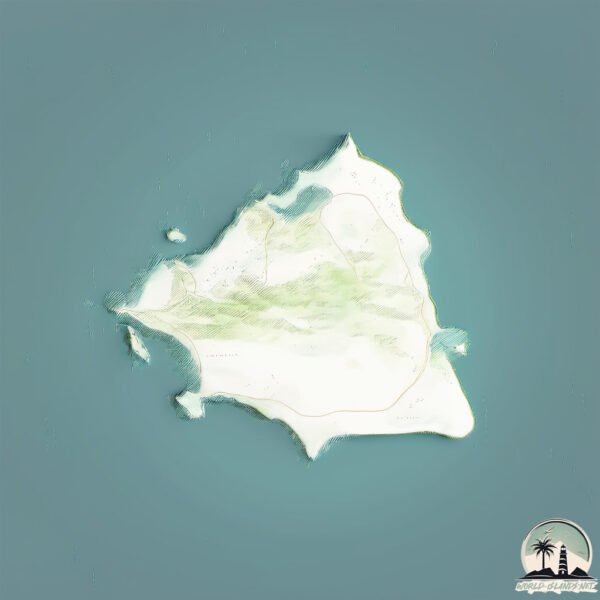Abu Musa Island

Welcome to Abu Musa Island, a Dry island in the Persian Gulf, part of the majestic Indian Ocean. This guide offers a comprehensive overview of what makes Abu Musa Island unique – from its geography and climate to its population, infrastructure, and beyond. Dive into the details:
- Geography and Size: Explore the island’s size and location.
- Climate and Weather: Weather patterns and temperature.
- Topography and Nature: Uncover the natural wonders of the island.
- Infrastructure and Travelling: Insights on reaching, staying, and making the most of your visit.
- News and Headlines: Latest News.
Geography and size of Abu Musa Island
Size: 13 km²
Coastline: 18.1 km
Ocean: Indian Ocean
Sea: Persian Gulf
Continent: Asia
Abu Musa Island is a Medium Island spanning 13 km² with a coastline of 18 km.
Archipel: –
Tectonic Plate: Arabia – A major tectonic plate covering the Arabian Peninsula and parts of the Middle East. The plate is primarily continental and known for its collision with the Eurasian Plate, leading to the uplift of the Zagros Mountains.
The geographic heart of the island is pinpointed at these coordinates:
Latitude: 25.87589479 / Longitude: 55.03494214
Climate and weather of Abu Musa Island
Climate Zone: Dry
Climate Details: Hot Deserts Climate
Temperature: Hot
Climate Characteristics: Dominated by extremely hot temperatures, this climate is marked by minimal rainfall and barren landscapes. Nights often experience drastic temperature drops.
Topography and nature of Abu Musa Island
Timezone: UTC+04:00
Timezone places: Asia/Dubai
Max. Elevation: 17 m
Mean Elevation: 7 m
Vegetation: Sparse Vegetation
Tree Coverage: 8%
The mean elevation is 7 m. The highest elevation on the island reaches approximately 17 meters above sea level. The island is characterized by Plains: Flat, low-lying lands characterized by a maximum elevation of up to 200 meters. On islands, plains are typically coastal lowlands or central flat areas.
Dominating Vegetation: Sparse Vegetation
These regions have limited plant growth, typically due to extreme conditions like aridity or poor soils. Vegetation is scattered and consists of hardy plant species. Abu Musa Island has a tree cover of 8 %.
Vegetation: 3 vegetation zones – Moderately Diverse Island
These islands start to show a broader range of ecological niches. With three vegetation zones, they may offer a mix of ecosystems like coastal areas, inland woods, and perhaps a distinct wetland or dry area. This diversity supports a wider range of flora and fauna, making these islands more ecologically complex than those with minimal diversity.
Infrastructure and Travelling to Abu Musa Island
Does the island have a public airport? yes.
Abu Musa Island has a public and scheduled airport. The following airports are located on this island: Abu Musa Island Airport.
Does the island have a major port? no.
There are no major ports on Abu Musa Island. The closest major port is SHARJAH OFFSHORE TERMINAL, approximately 49 km away.
The mean population of Abu Musa Island is 129 per km². Abu Musa Island is Moderately Inhabited. The island belongs to Iran.
Continuing your journey, Greater Tunb is the next notable island, situated merely km away.
The Abu Musa and Tunb Islands Dispute Explained



Iran is classified as Emerging region: G20: Group of Twenty – Major economies comprising both developed and emerging countries, representing the world’s largest economies. The level of income is Upper middle income.
News – Latest Updates and Headlines from Abu Musa Island
Stay informed with the most recent news and important headlines from Abu Musa Island. Here’s a roundup of the latest developments.
Please note: The data used here has been primarily extracted from satellite readings. Deviations from exact values may occur, particularly regarding the height of elevations and population density. Land area and coastline measurements refer to average values at mean high tide.
